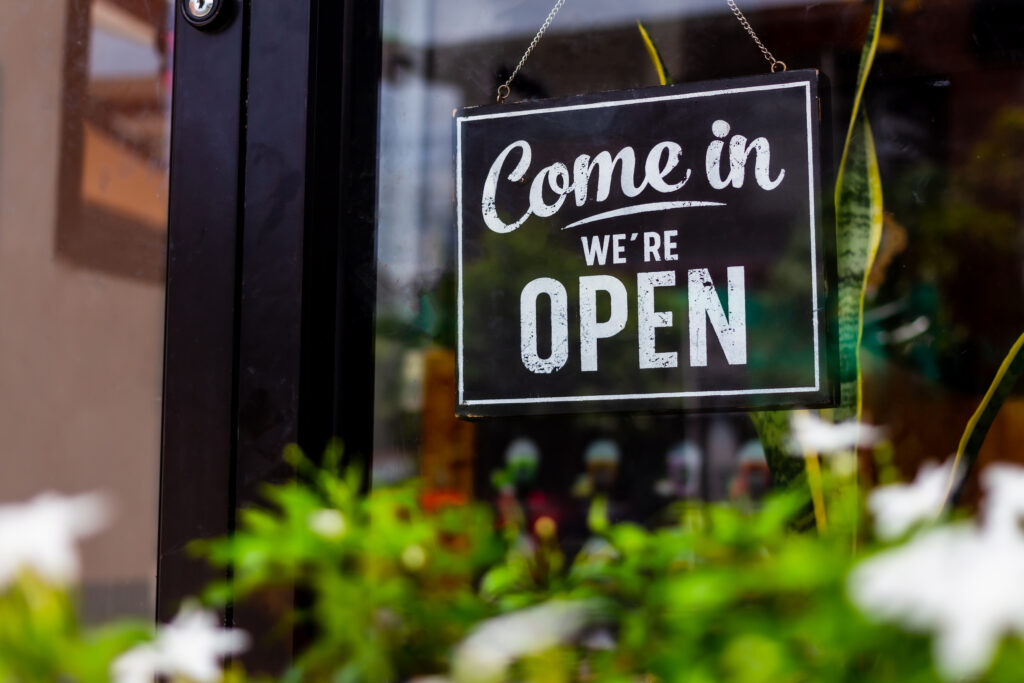Since its inception, blockchain technology has grown massively. From banks and governments to tech giants like Elon Musk, the blockchain hype is everywhere. With its increasing popularity and limitless innovation, the future of blockchain is looking incredibly promising.
That said, if you’re unfamiliar with this technology, you may be wondering: what is blockchain? We’ve put together this comprehensive explainer to help you understand it. With this guide, you’ll better grasp the basics of blockchain and its most common application: cryptocurrency.
What is blockchain?
Blockchain is a string of data blocks connected to one another, forming a long digital chain. Each block has a unique identifier, known as a hash. Pieces of this chain are stored on networks and servers worldwide, rather than in one place.
This distribution of data is what categorises blockchain as a decentralised system. In centralised systems, everything is funnelled back through a central hub. In contrast, in decentralised systems, there is no central hub or singular authority overseeing transactions.
Most famously used to support cryptocurrencies like Bitcoin, Ethereum and Dogecoin, blockchain is also the technology behind non-fungible tokens (NFTs). NFTs are a digital ownership structure that allows value to be assigned to digital artworks, music and more.
However, blockchain data can contain all kinds of information, such as financial and medical. As a result, blockchain technology can be used across many industries, including blockchain applications in the public sector, accounting, retail and more.
Cryptocurrencies
Most people have heard of Bitcoin, the most popular cryptocurrency in the world. Bitcoin first appeared on the scene in 2009, developed and introduced by the anonymous person or group known as Satoshi Nakamoto. While there has been plenty of speculation, their identity remains a secret.
Cryptocurrencies function like online cash. A digital footprint is created when you use your credit or debit card to make purchases online. If you make an online purchase with cryptocurrency, it has all the anonymity of cash with the convenience of online use.
Cryptocurrencies are traded like stocks on the stock market. Because they are new and relatively volatile, the price of cryptocurrencies can fluctuate drastically. At the beginning of 2017, a single bitcoin cost approximately US$1,000. By the end of the same year, the value had increased to US$20,000, a twenty-fold increase. At its peak, the value of a single bitcoin was priced at well over US$60,000 in 2021.
The benefits of blockchain
Security
There are many benefits of blockchain. For one, it’s incredibly secure. In a centralised system, such as the traditional banking system, hackers need to gain access to only one institution to access users’ money, personal information and other sensitive data.
Blockchain presents a safer alternative. Because the data that makes up a blockchain is stored across many networks and servers, hackers would need to access the majority of these simultaneously to access and steal money or information. This is a virtually impossible task, which means data stored in blockchain systems is well protected from cyber attacks.
Trust
The decentralised nature of blockchain also makes it transparent. Each blockchain is distributed across many networks and servers, and anyone can view transaction histories. They create a “universal truth” about what transactions have taken place.
Blockchain technology does not require those using it to involve a third-party authority. Instead, people using blockchain deal directly with one another. Additionally, the entire community must verify transactions, adding another layer of security.
Peace of mind
Blockchain allows people to bypass traditional banking structures, which is beneficial in many circumstances. For example, blockchain enables migrants to send money back to their families in their home countries, even where banking systems may be unstable. Additionally, many users feel empowered due to the increased control over their money.
Studying blockchain
Blockchain is an innovative and transformative field, making it a great field of study. Given that blockchain is used in many industries, studying blockchain will undoubtedly make you an excellent candidate to work in a wide range of sectors.
In Australia, there are several bachelor degrees, master degrees, diplomas and certificates that focus on blockchain technology and its applications. Some of these focus even more specifically on the cryptocurrency niche. To learn more, consult our guide to the best cryptocurrency courses in Australia. You can also discover what you need to study blockchain here.
Working in blockchain
If you’re considering a future in this sector, you may be wondering what career you can get in blockchain. Since this technology has become so prevalent and is now used in many industries, there are plenty of opportunities to work in blockchain in Australia.
For instance, while it initially presented an alternative to traditional financial institutions, blockchain is now being used by these entities. Blockchain has become a key component for banks to provide quicker settlements to their clients and optimise their processes.
Blockchain is also transforming other financial sectors. Let’s consider the blockchain impact on accounting as an example. Given that blockchain provides a constantly evolving and up to date ledger, certain elements of traditional accounting – such as ledger keeping – are becoming redundant. As a result, companies must embrace new opportunities to innovate and streamline their processes to remain relevant.
Of course, blockchain’s reach extends far beyond the financial sector. There are also many blockchain applications in the public sector (i.e., government settings), retail and medical fields. In Australia, there are several types of jobs available across these sectors, which means you’ll have no trouble finding a role suited to your interests. Learn more about the variety of blockchain positions here.
Although blockchain is complex, it plays an integral role in modern-day life. Understanding its applications is incredibly worthwhile if you hope to leverage it and take part in the bright future of blockchain technology.





